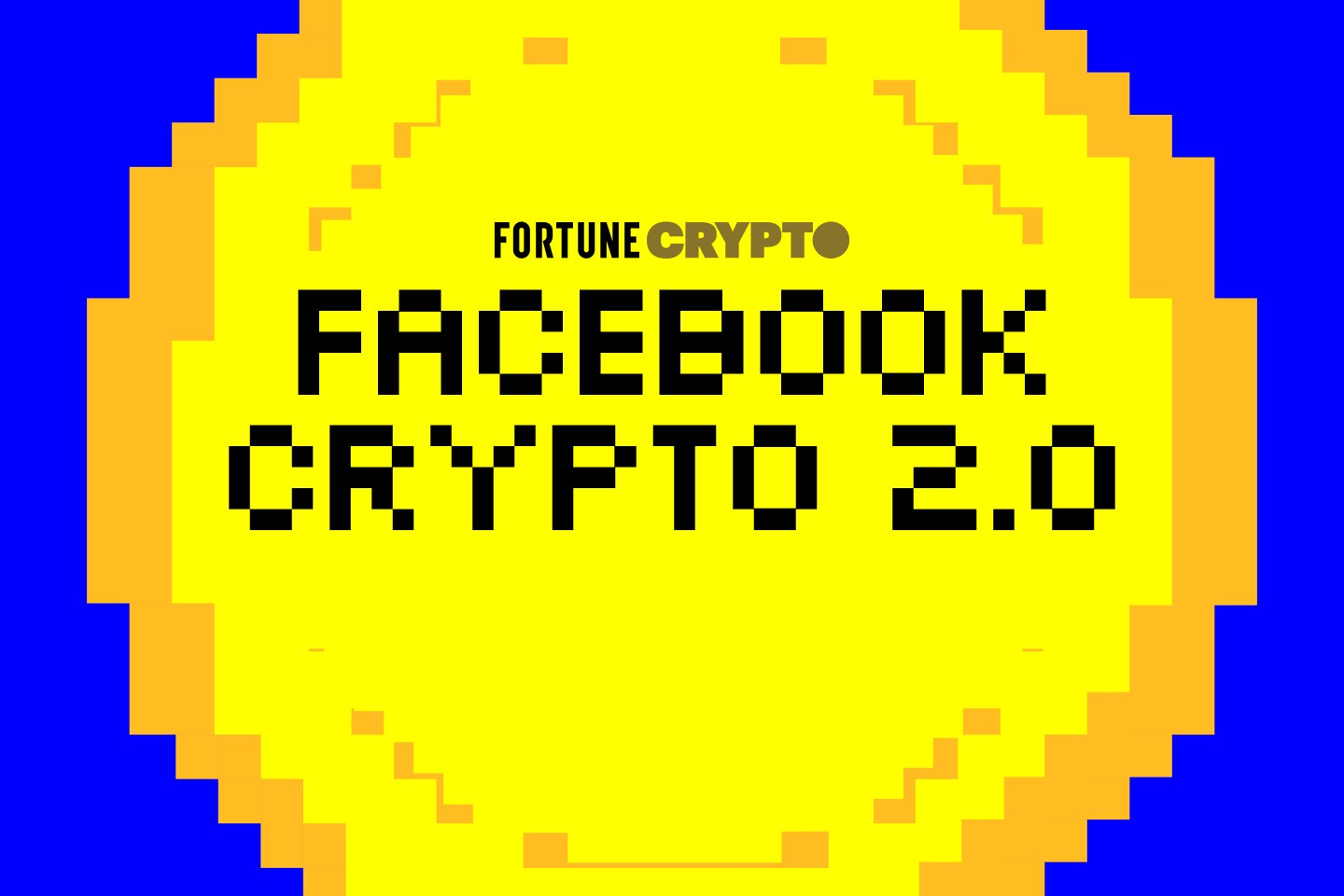Our mission to make business better is fueled by readers like you. To enjoy unlimited access to our journalism, subscribe today.
Stung by a short-seller report that torpedoed its share price on Thursday, Clover Health released a detailed response today, one that includes a new bombshell—that the startup has been hit with a notice of investigation by the Securities and Exchange Commission.
On Friday morning, the health-tech startup—which counts Google parent Alphabet as an investor and is backed by prominent venture capitalist Chamath Palihapitiya—released a point-by-point response to Thursday’s report published by activist short-seller Hindenburg Research. The Hindenburg report bluntly called Clover a “broken business.”
In its response, Clover Health pushed back hard against the Hindenburg allegations, calling the report “rife with ad hominem attacks, sweeping inaccuracies, and gross mischaracterizations.”
But further down, Clover Health disclosed that it had received notice from the SEC that it was under investigation. It offered no other explanation about the investigation, only adding, “We believe this inquiry is based on the short-selling report issued yesterday morning.”
Nikola and other SPACs
Hindenburg is best known for its devastating takedown last year of EV startup Nikola. Like many short-sellers, Hindenburg has grown particularly wary of so-called blank-check SPAC IPOs.
Lesser-scrutinized SPACs have become the favored vehicle to raise big money on the quick in a bull market. According to Goldman Sachs, SPACs have outnumbered traditional IPOs in both number and heft so far this year—and that’s after a record 2020. “During the first three weeks of 2021,” Goldman wrote in a recent research note, “SPAC IPO proceeds have totaled $16 billion across 56 new SPAC IPOs, while just $4 billion was raised across nine traditional IPOs.”
Following the release of Hindenburg’s report on Thursday, shares in the Palihapitiya-backed Clover Health tumbled 12%. That same report derisively labeled Palihapitiya the “King of SPACs.”
Clover Health stock was down 0.3% in early trading on Friday.
In its lengthy response to Hindenburg, Clover addressed the 13 questions leveled by Hindenburg about its business, the thorniest of which was why the company did not disclose to investors that it was under investigation by the Department of Justice.
Clover concluded the DOJ matter “was not material and was not required to be specifically disclosed in our SEC filings.” It added, “Clover has conducted a detailed review of matters potentially addressed by the DOJ request for information and has concluded that it is in compliance with all laws and regulations material to its business.”
SPAC IPO
The loss-making Clover Health went public on Jan. 8. after the company was acquired by Palihapitiya’s special purpose acquisition company, Social Capital Hedosophia Holdings III, last autumn. Clover Health is the third of Palihapitiya’s SPACs to go public. The star power extends to Clover Health’s board, where Chelsea Clinton holds a seat.
Palihapitiya has become something of a populist hero to retail investors, particularly the Reddit brigade. He has been uncharacteristically quiet, however, on Twitter since the Hindenburg report dropped, despite pleas from Clover Health investors and stock watchers to respond.
Hindenburg, though, has not gone quiet. After the Clover report came out this morning, it promised to publish “more observations.”
More must-read finance coverage from Fortune:
- How to cultivate the next generation of Black CEOs, according to M&T Bank CEO René Jones
- The Robinhood revolt was good for Webull, China’s little-known trading app
- When will the economy return to “normal”? New CBO report offers hints—and one big question mark
- 5 steps the U.S. government could take to tackle the crisis facing working women
- Elon Musk says Tesla’s giant Berlin factory will be “fun and cool”—free of reptiles, bats, and maybe unions, too











